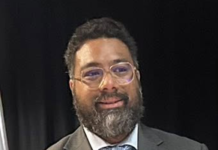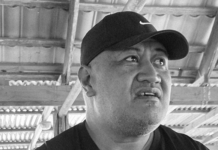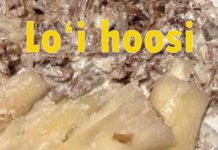The process of repatriating significant artefacts and cultural items taken from Tonga as long ago as three centuries has begun, a Tongan scholar says.
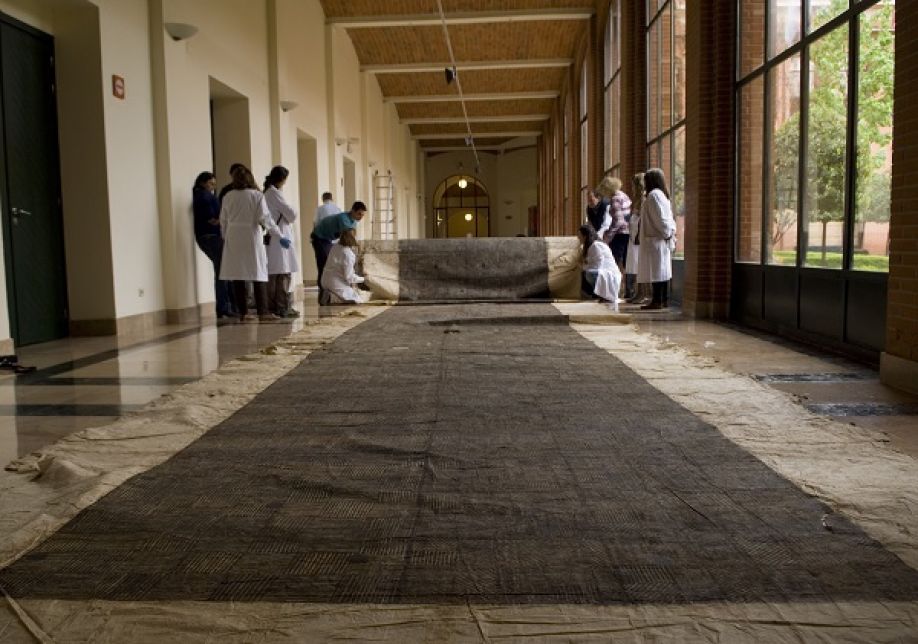
Anthropologist Professor Tēvita Ka’ili has asked academics who have carried out research in Tonga to return any items they might have taken.
“They can either physically return the objects or share digitised photos of the items on the internet”, he says.
Ka’ili said he made the move in the wake of a United States law known as the Native American Graves Protection and Repatriation Act (NAGPRA). It provides for the ownership or control of Native American cultural items such as human remains and objects excavated or discovered on Federal or tribal lands.
Ka’ili believes the US law could be applied to Tonga, describing it as a “nga’unu fo’ou” or new development.
He says people had the right to see and keep cultural properties in their local museum.
Items that could be returned included items dating to the 17 th and 18th centuries when European explorers arrived in Tonga.
Among the items were clubs, baskets, ngatu and fine mats at the national museums in Australia, New Zealand and the UK as well as the royal Palātavake (comb) which was said to have been preserved at the Museo de America museum in Madrid, Spain.
It is understood some international museums were reluctant to release some items.
In 2020, the government of the Netherlands created new guidelines to determine requests for the return of colonial-era artefacts from its former colonies.
The Dutch believed “most of these artefacts are right now the property of a museum”.
“If we value the respect of common principles of our democracies, such as property, we have to have a process to say whether the artefact should be returned or loaned and what the provenance is, because that’s the rule of law.”
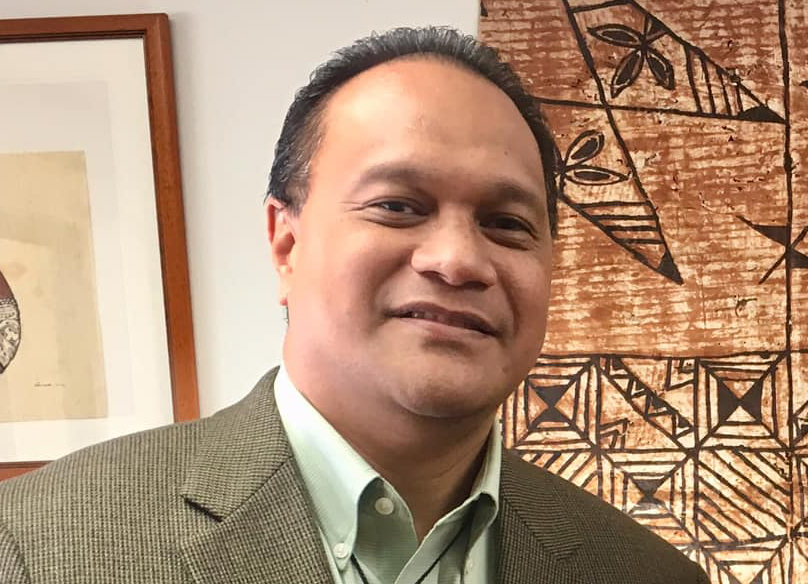
Ka’ili said he wrote to Professor Richard Michael Moyle of Auckland University, who researched several aspects of Tongan music and cultures in 1970s, and shared his views about the repatriation law.
“I told him he should make a digital repatriation of all the photos he took in Tonga,” Ka’ili said.
“Professor Moyle was really happy to do it.”
The photos shared by Moyle on Facebook were mostly people he interviewed or who posed for photos during events or meetings while he was in Tonga doing his research.
The sharing drew strong compliments from the Tongan online community.
Relatives and close family members of those in the picture shared those photos on their Facebook accounts. Moyle also shared some audio files of Tongan composers talking about how they composed their songs.

